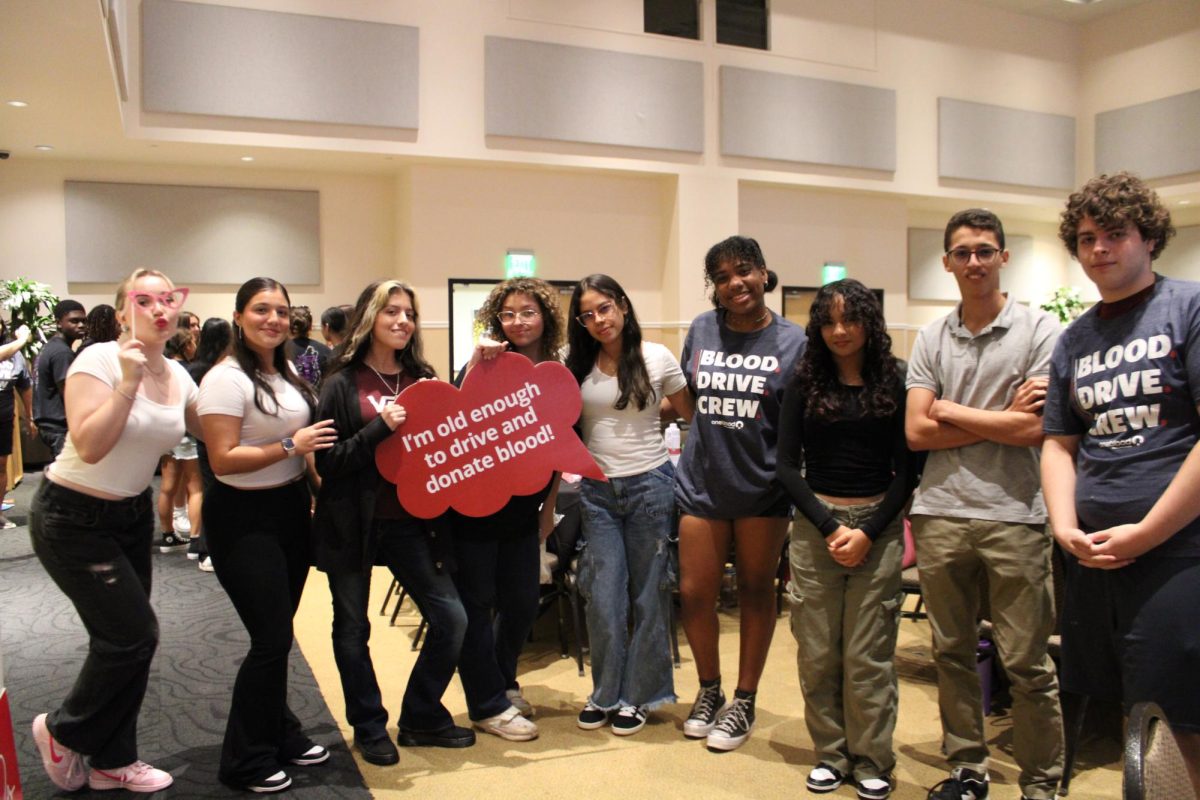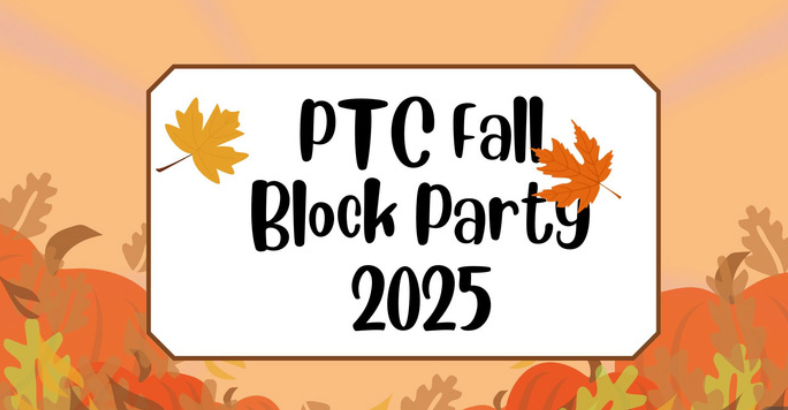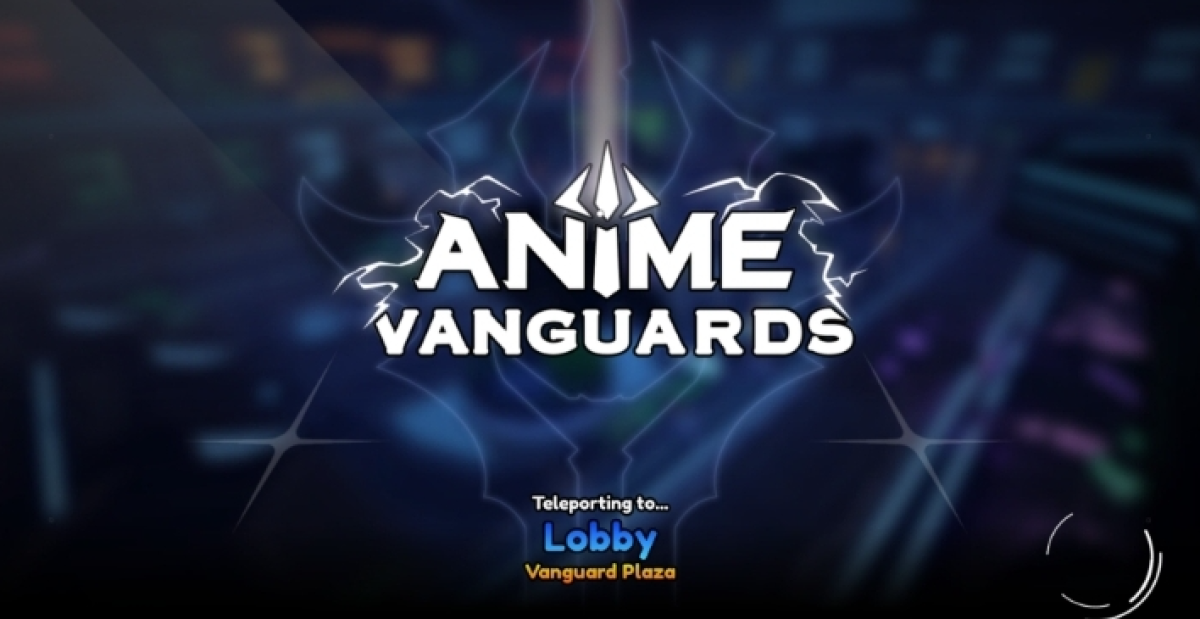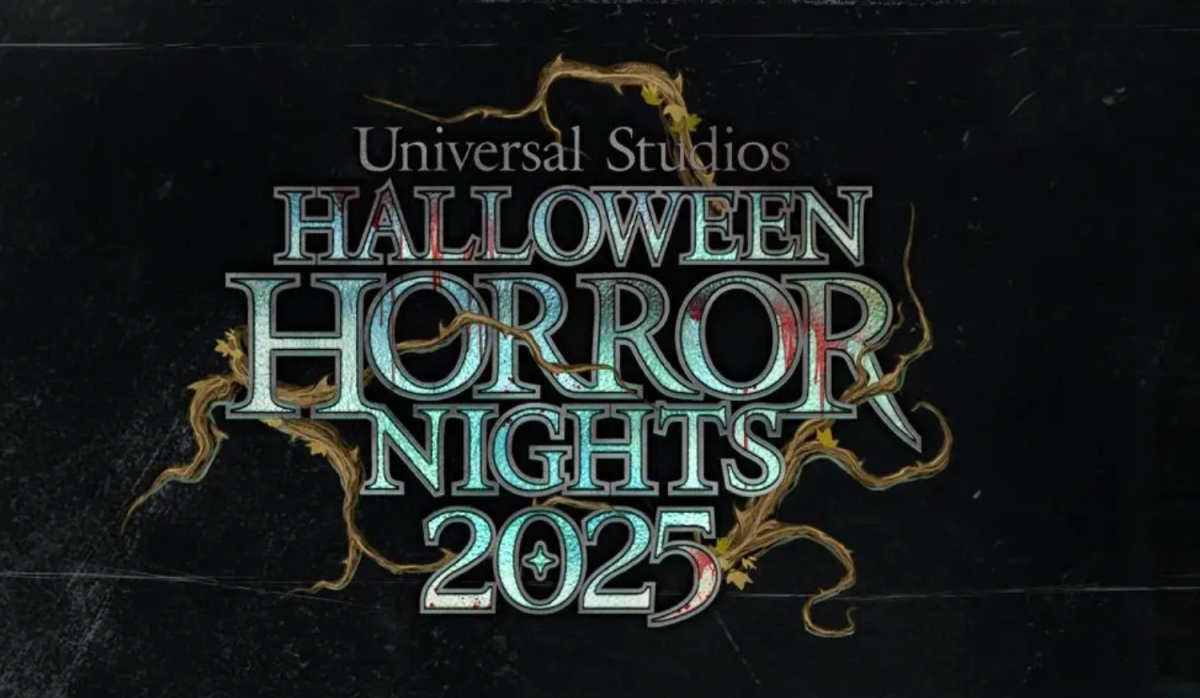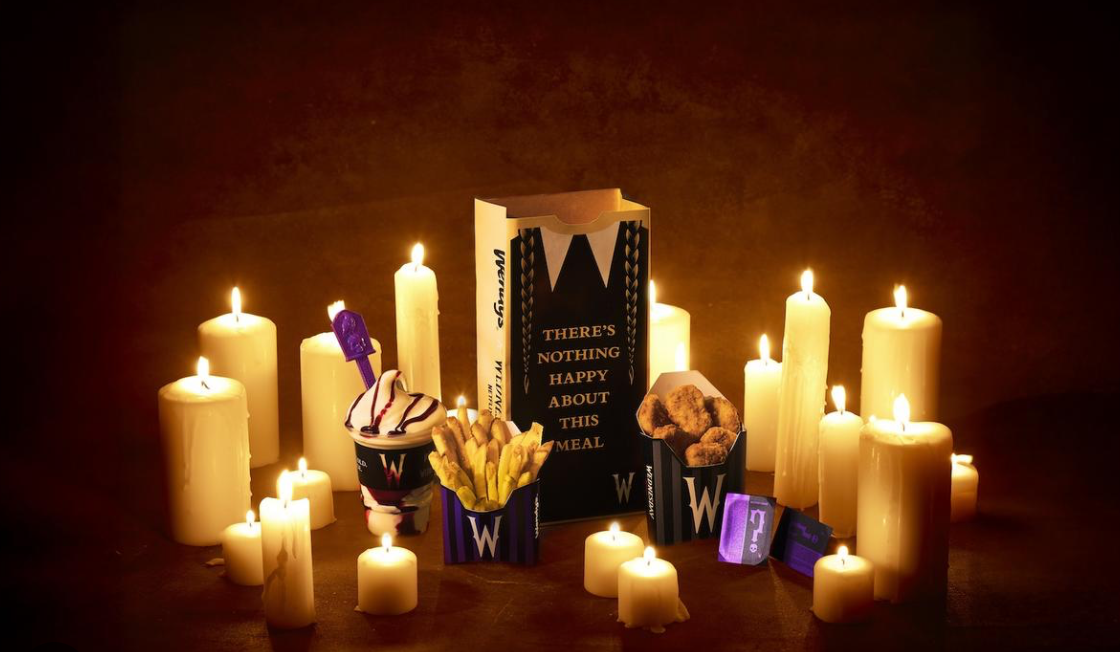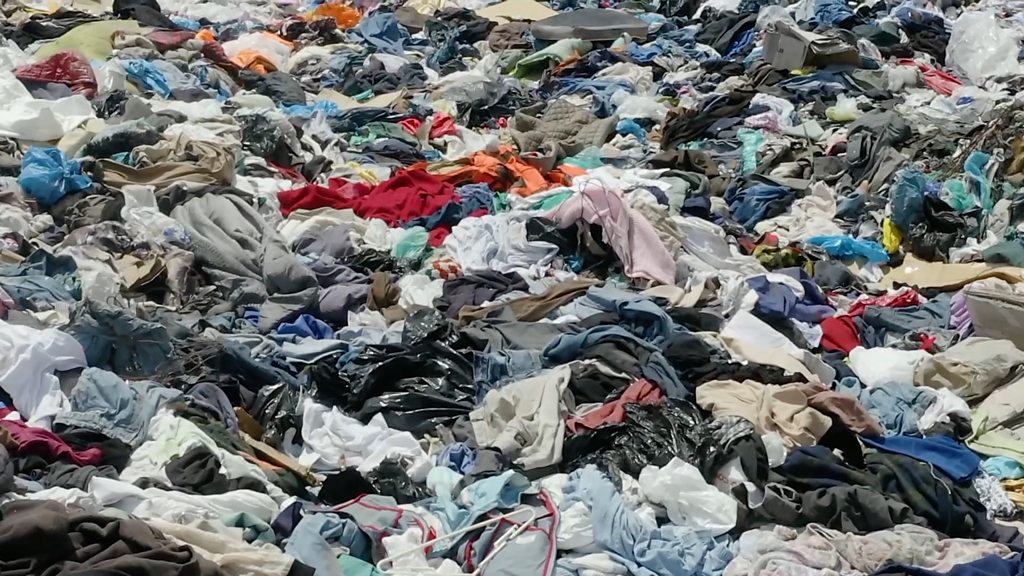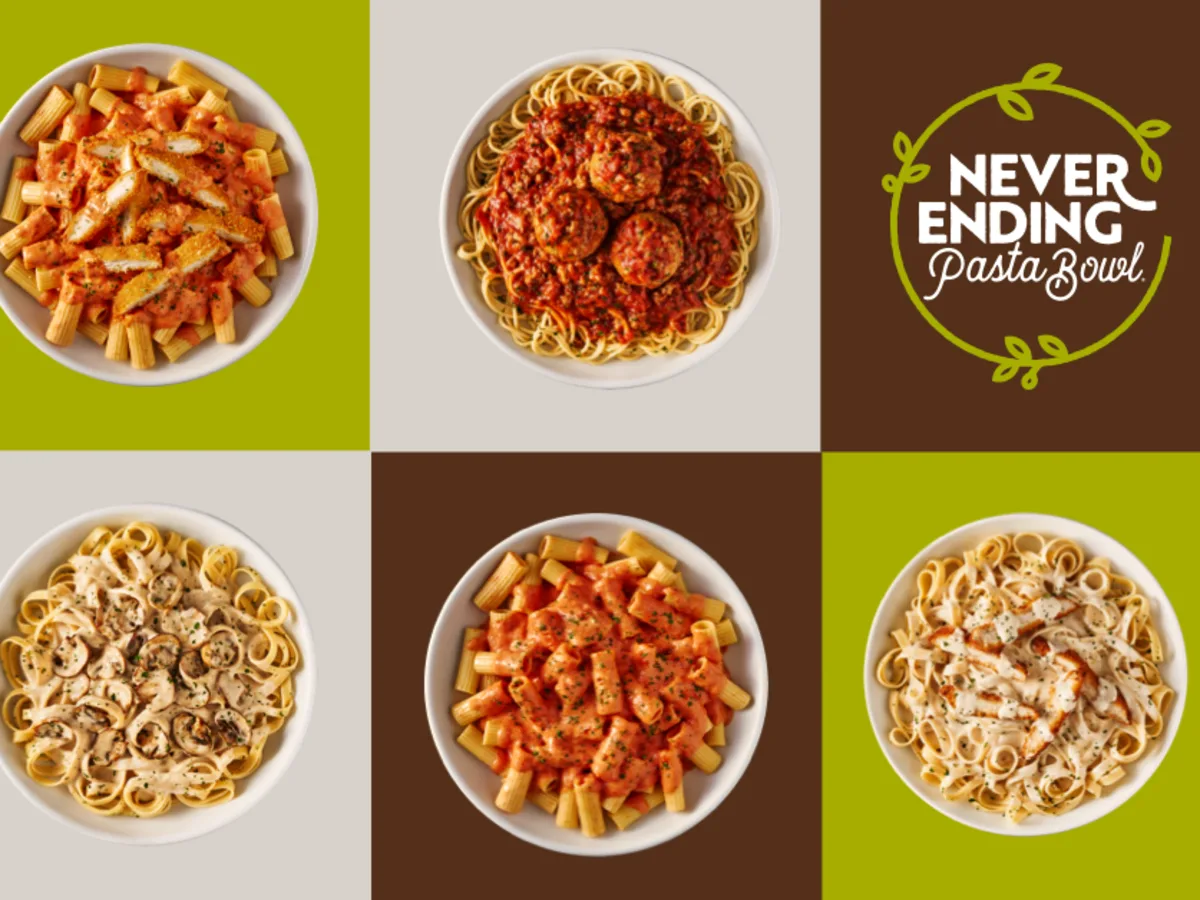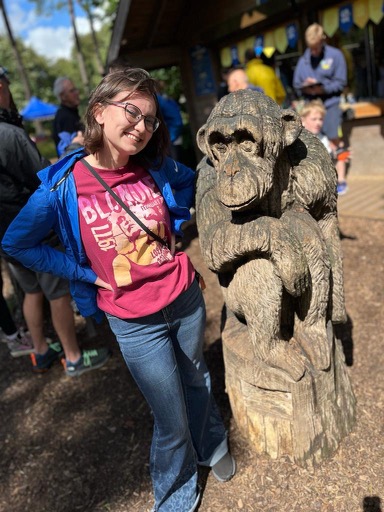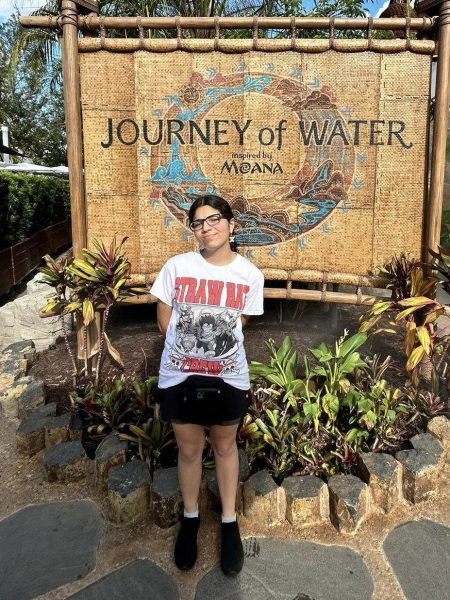HOSA members hosted their first blood drive of four planned for this school year, following a leadership conference hosted by OneBlood where they learned about the science behind, and their role within, blood donation.
President of HOSA senior Cynthia Valderrama explained some impactful information from some of the OneBlood representatives that spoke at the conference.
“The lab employee, she described the process of blood testing and you know, how important (it is) and how much they test blood, like the work around the clock, they’re open 24/7, they work through holidays and I just think that’s really memorable, because obviously, it starts with us, but it stops all the way, you know, when the blood is actually used,” Valderrama said.
Last year, the members collected 48 pints of blood, but this year they are aiming for 160 pints, each pint with the potential to save three lives. Valderrama became president of this chapter of HOSA (Health Occupations Students of America) after it was founded last school year, in large part to continue pursuing her own interest in medicine.
“The biggest appeal was the fact that it could look really good on my college resume, but then I realized that I really do want to do something with medicine when I go into college,” Valderrama shared. “So, I wanted this opportunity to even do a little (networking), or also to learn what it’s like to have this collaborative and competitive environment ”
Not all students who attended the conference, however, were already members of HOSA, including senior Matthew Mackivitch, who chose to attend after a HOSA interest meeting before the school year began. Unlike Valderrama, Mackivitch’s motivation to join HOSA was less specific.
“I could, of course, always do some sort of, like bioengineering… so it does definitely give me more career opportunities, or at the very least, let me see if maybe I am more interested in the medical community than I thought I previously was,” Mackivitch said.
While Mackivitch is not entirely sure what he wants to pursue, the conference – which was held on the University of Central Florida’s campus – did solidify his decision to attend college.
He also felt inspired by the presentations on leadership as well, especially regarding what students can do to encourage their peers to donate and the importance of addressing misinformation regarding who can and cannot donate blood.
“For instance, one question that came up during the conference was like, ‘Oh, well if I have a tattoo don’t I have to wait like a year after getting that tattoo to donate blood?’ And in reality, it varies depending on where you got the tattoo and like how old it is and how big it is. So there’s a lot of variety,” Mackivitch said.
The surprisingly broad appeal of HOSA was part of the motivation for co-advisors Ms. Fendone and Ms. Tripp when deciding to found the club. Both advisors also teach Project Lead the Way (PLTW) classes, most of which focus on the biomedical sciences, which makes identifying potential members easier.
“We had some students approach us about the club and when we investigated it we determined that it was something that would definitely benefit the students here,” Fendone said. “It’s a club that is nationally recognized, it does have an honors portion involved with it, that can help students get scholarships.”
Now entering their second year as a club, HOSA is hoping to increase membership and involvement. Their next blood drives, one of which will be held during the Fall Block Party on October 21st for other members of the community that are not directly affiliated with the school, play a large role in this.
HOSA members are also aiming on attending more conferences to compete with other schools, especially considering Valderrama’s previous win for having the highest score in the region on the healthcare issues test.
“We have our regional competition on February 3rd. Students are going to have a choice, they can compete in a written test or they can compete in a skills test,” Fendone explained. “What they compete in is entirely up to the student, they will tell us, the advisors, what they’re going to do, and then we will help them gain the skills they need for a particular event.”
Although HOSA had five official members last school year, fifty-six new students were interested in joining this year. Fendone hopes that HOSA can help students better understand and appreciate the medical field.
“HOSA is open to students interested in biomedical, whether it’s biology, chemistry, veterinary, bioengineering,” Fendone said. “There’s so many different aspects of the medical and biological fields that people don’t always consider… So even if someone is not 100% certain (about) what they want to do, they can definitely come out to meet with us and see what it’s about.”


